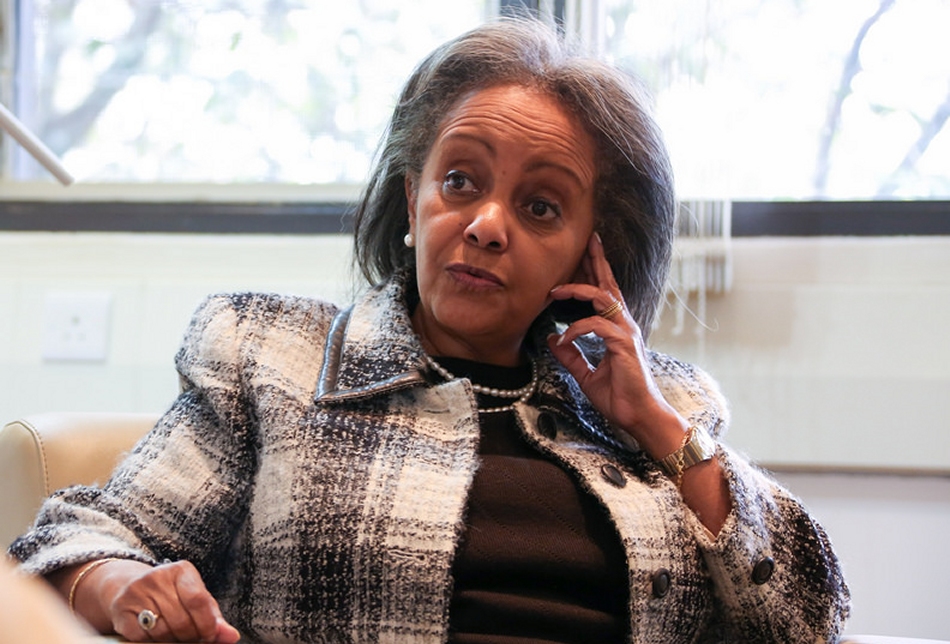– It has been described as the first head of state of the modern era of Ethiopia, and some recall the Empress Zewditu, who ruled the country at the beginning of the twentieth century.
Ethiopia made history last Thursday naming the Sahle-Work Zewde diplomatic president of the country, becoming the first female head of state and the only Ethiopian currently in that position throughout the African continent, as they reported by news agencies.
“We need to build a society that rejects oppression against women”, Sahle-Work said after being unanimously elected at a joint session of the two chambers of Parliament. “If anyone thinks I talk a lot about women, wait to hear all I have to say”, He stressed the flaming president. “When there is no peace in the country, mothers feel frustrated, so we have to work for peace for the sake of our mothers”, He added to the oath of office, an apparent reference to the recent ethnic violence that swept the country.
Sahlework designation now up to Special Representative of the Secretary General of the UN, António Guterres, to the African Union (UA)-, It came after the resignation of his predecessor, Mulatu Teshome, who held the post from 2013 and that Ethiopia has a high representative value but no executive powers.
This process happened a week after the Prime Minister of Ethiopia, Abia Ahmed, approve a historic reform of his cabinet in reducing the number of portfolios and stated that half were occupied by women. A) Yes, 10 of the 20 members of the new government of Ethiopia are women, first included Defense Minister, a portfolio traditionally occupied by men only.
“The choice of ambassador Shalework Zewde as new president of Ethiopia is a historical movement. Brings the skills and the right experience”, said the head of the office of the Prime Minister, Fitsum abandoning, on his Twitter account. Fitsum also he remarked that, in a “patriarchal society” as Ethiopian, “the election of a woman as head of the state not only sets a standard for the future, but also normalizes the establishment of women as decision makers in public life”.
With an extensive diplomatic career, Sahlework was director general of the UN offices in Nairobi until he assumed the role of special representative of the Secretary General of the United Nations to the AU. It was in the Kenyan capital where he met Abiy, while on the Ethiopian prime minister in May last month barely an after the president took the charge- which also visited the UN office she ran.
The diplomat had given up his duties at the United Nations earlier this week, to pave the way for his election as president of Ethiopia. This appointment is in line with a series of democratic reforms adopted by Abiy, but also seeks, Some observers, defuse the wave of ethnic violence that hit in recent weeks to this country of the Horn of Africa.
Notably Sahle-Work belongs to the Amhara ethnic group while other members of the cabinet are Oromo, element could ensure a more harmonious ethnic composition among senior Ethiopian politics.
Ethiopian President takes office after the head of state of Mauritius ,Ameenah Gurib-Fakim, resigned last March after a scandal of financial corruption. The prevalence of traditional and cultural practices in most African countries is often cited as one of the major barriers for women to get involved in politics, and bullying, harassment and violence they suffered once incorporated.
Exceptions to this reality include the Nobel Ellen Johnson-Sirleaf Peace Prize, the first woman to reach a head of state in Africa, who ruled Liberia from 2006 Y 2018; and Joyce Banda, second woman to take this position on the continent and the first in his country, Malawi, of 2012 a 2014.





















